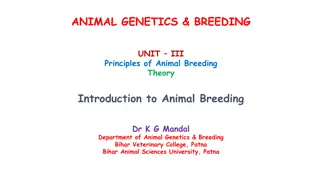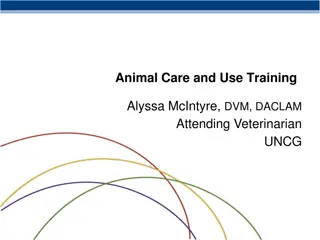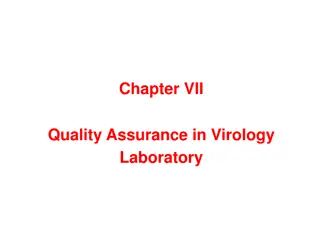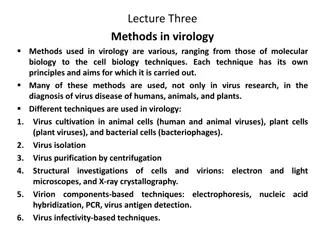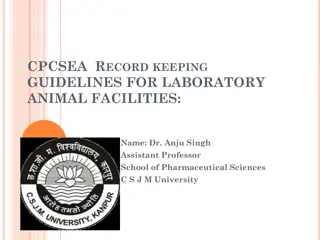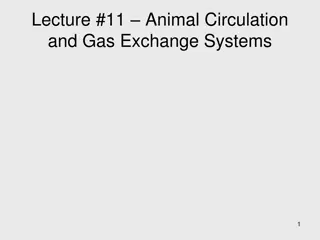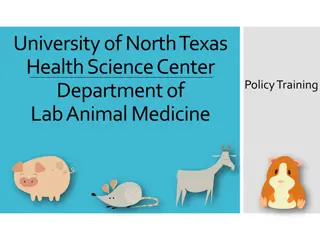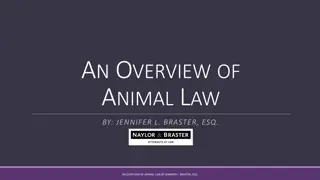Animal Systems in Virology: A Comprehensive Overview
The images and content highlight various aspects of utilizing animal systems in virology research, including procedures, recognition of illnesses, and the limitations of using animal models. It discusses the significance of animal systems in understanding viral infections and vaccine safety, as well as the challenges associated with their use.
Uploaded on Sep 18, 2024 | 0 Views
Download Presentation

Please find below an Image/Link to download the presentation.
The content on the website is provided AS IS for your information and personal use only. It may not be sold, licensed, or shared on other websites without obtaining consent from the author.If you encounter any issues during the download, it is possible that the publisher has removed the file from their server.
You are allowed to download the files provided on this website for personal or commercial use, subject to the condition that they are used lawfully. All files are the property of their respective owners.
The content on the website is provided AS IS for your information and personal use only. It may not be sold, licensed, or shared on other websites without obtaining consent from the author.
E N D
Presentation Transcript
By Dr. Hesnaa Saeed Al-Mossawi
Routs: Chorioallantoic membrane CAM (HSV, Pox) Amniotic cavity (influenza, mumps) Allantoic cavity Yolk sac
1- Candle the egg Three days aged embryo
Five days aged embryo Died embryo
Incubator 37 C
Recognition Death of the embryo Pocks (differentiate between HSV and Pox ,VS, HSV-1 and HSV-2)
Include: Mice , rabbit , monkey Used for isolation of Arbo vs, HSV, CoxsackiA and B
Procedure * Intracerebral
2- Check inoculated mouse for signs of illness, paralysis, or death. Flaccid paralysis Spastic paralysis Recognition: Death, paralysis, hemorrhage Identification: Immunoassay
Uses ofAnimal Systems in Virology: 1.When the virus cannot be propagated in vitro 2.To study the pathogenesis of viral infections 3.To study vaccine safety But Animal Systems are of little use now adays for the following reasons: 1. Expensive and time consuming 2. Whole animal is a complex system 3. Results are not always reproducible due to host variation 4. Virus isolation in animals is inferior to the molecular techniques like PCR.




